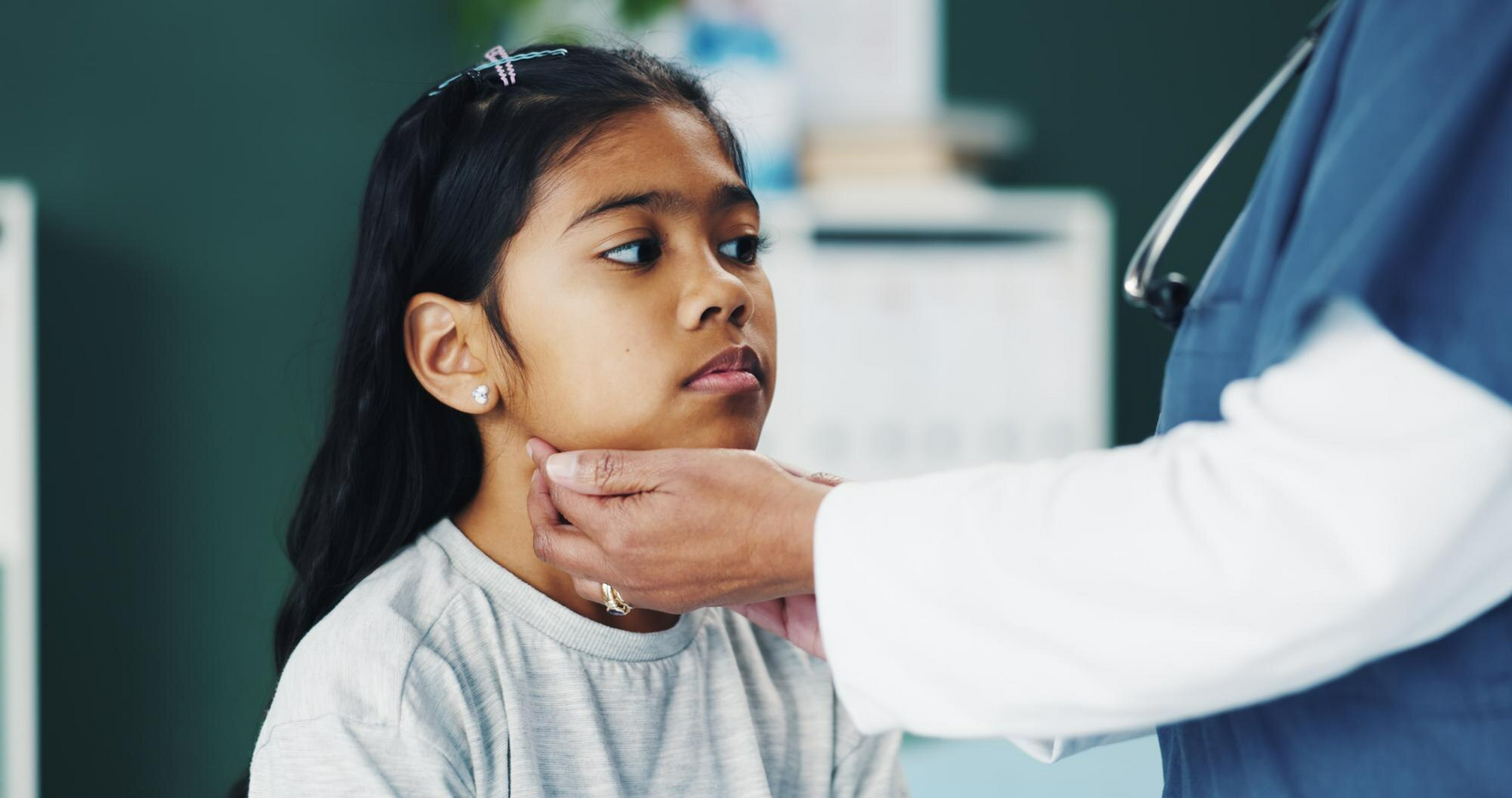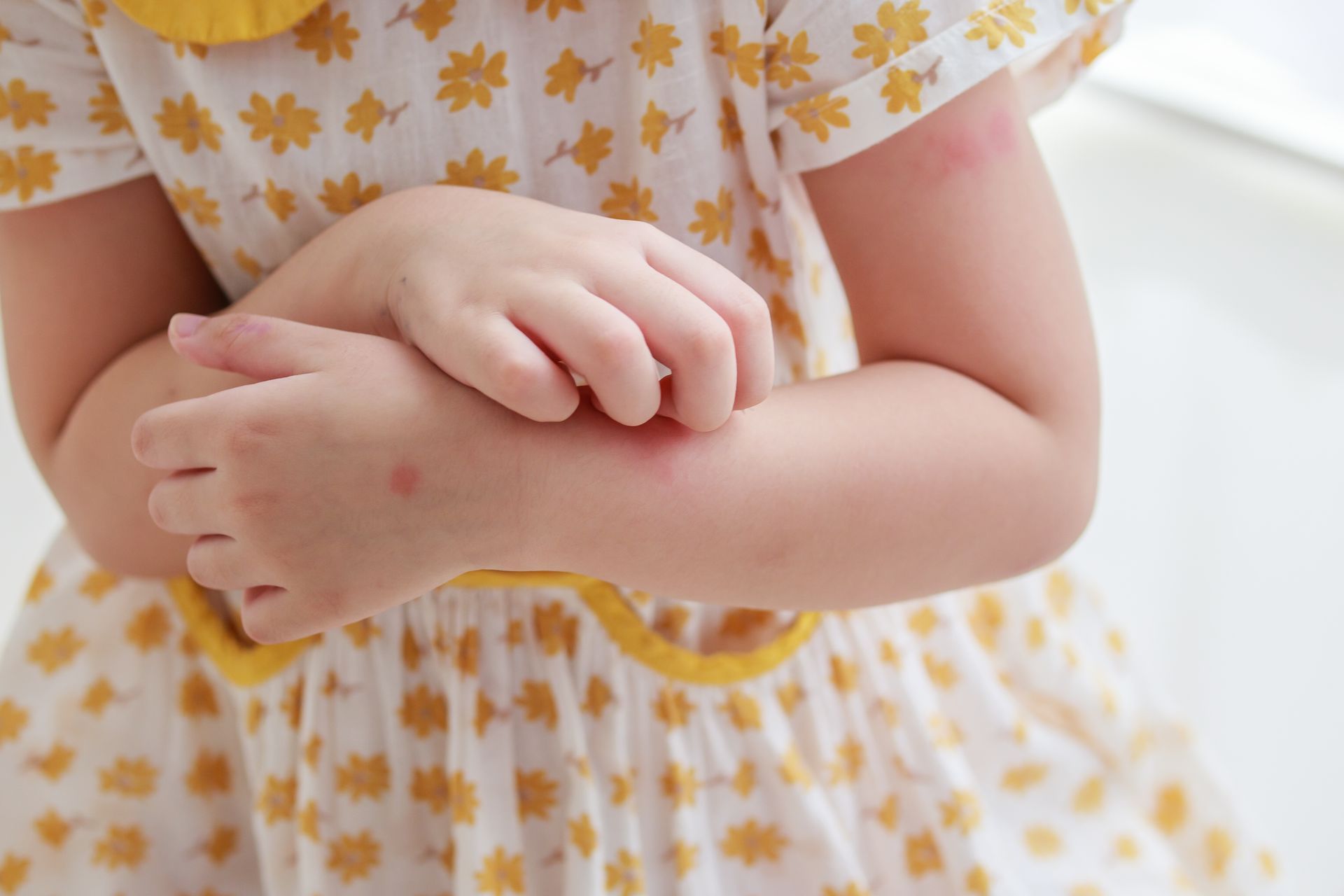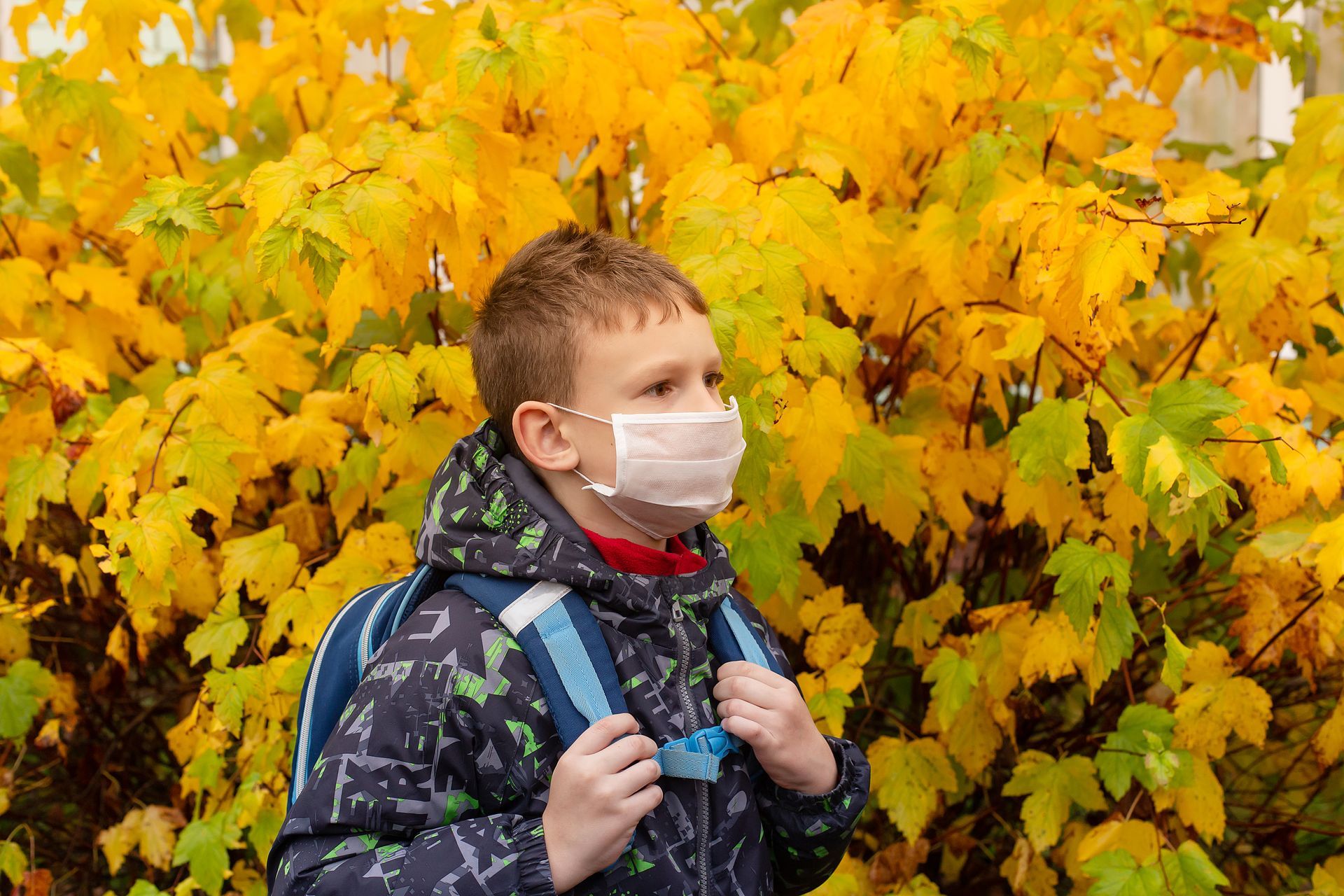How sick is my child? When to call your pediatrician

If you have kids, you may have had a moment when you ask yourself if you need to call or see the pediatrician or ride things out at home.
Sometimes it is obvious that your child is ill. In other cases, symptoms may seem mild, or you are unsure of whether a call to the doctor is needed. Depending on the age of your child, it can be even more challenging to determine how sick they are.
While most common childhood illnesses are not serious, there are times a call or trip to the pediatrician is needed. Keep reading below to learn more about how to know when to call your child’s doctor and when symptoms may be serious.
Common Childhood Illnesses
Certain illnesses are routine, and most children will get them at some point during their childhood. For example, according to the American Lung Association, children get about six to eight colds a year.
Some of the most routine childhood illness include:
- Gastroenteritis (stomach flu)
- Ear infection
- Seasonal flu
- Bronchiolitis
Although you may realize certain illnesses are common, it is still normal to have certain worries and fears if your child gets sick. For instance, you may feel helpless when you see your child does not feel well. It is also typical to feel worried or unsure of what to do. While you do not want to overreact and put your child through any unneeded procedures, you also want to make sure they get the care they need. Fortunately, there are some general guidelines to help you decide when to seek help.
Typical illness symptoms and when to call the doctor
Any parent knows it is difficult to rest when your child feels sick. It is often even harder when your little one is so young, he/she cannot tell you what is wrong. Understanding how to recognize when your child needs medical attention is important. Consider the following symptoms and indications to call the doctor.
Fever is one of the most common symptoms of childhood illnesses. Fever in itself does not always mean you need to see a pediatrician. The age of your child as well, as additional symptoms and the duration of the fever, may help you decide when to call the pediatrician
Consider calling the pediatrician in the following situations:
- A fever over 104°F
- A fever above 100.4 °F in a baby under 3 months
- A fever that does not respond to over-the-counter fever medication, such as Tylenol
- Your child has additional symptoms, such as ear pain, sore throat, stiff neck, or headache
Coughing is a typical symptom of many illnesses, such as a cold, flu, or bronchitis. In many cases, simple remedies, such as a cool-mist humidifier or occasional bulb suctioning a baby, may help remove mucus and ease coughing.
Consider calling your pediatrician for coughing in the following cases:
- The cough is getting worse each day
- Breathing is faster than normal
- Wheezing is present
- The cough lasts more than a week
Vomiting is another scary symptom. Your child may vomit due to various illnesses, such as gastroenteritis, food allergies, or the flu. Common at-home remedies may include eating bland crackers or drinking ginger ale. But vomiting can become serious if it leads to dehydration.
Call the pediatrician if any of the following is present:
- Your child’s stomach is hard or tender to the touch
- Signs of dehydration are present, such as sunken eyes, dry mouth, sunken soft spot in babies, fewer tears when crying, and fewer wet diapers than normal in babies)
- Your child is unable to keep any liquids down
- Excessive sleepiness occurs
- If your baby is less than 2 months old and is vomiting, not just spitting up
Irritability is common and little ones and even older kids may get irritable for several reasons, such as being tired or hungry. But there are also times it could be the sign of an illness.
You may want to call the doctor in the following situations:
- Your baby is inconsolable
- Your child is crying much more than normal
- Additional symptoms are present, such as fever or headache
When you call the doctor, try to provide information that may help the physician assess the situation. Provide information on underlying conditions, how long symptoms have been going on, and the severity of symptoms. Painting a picture of what is happening helps your pediatrician have a better understanding of the situation.
Signs you should call 911
It is also important to recognize when a situation is serious and you need to head to the ER or call 911. Signs you should get immediate medical help and not wait for a call back from the doctor include:
- Trouble breathing, which may include retractions (the area in between the ribs sucks in when inhaling)
- Bluish lips and fingernails
- Signs of a severe allergic reaction (swollen lips, rash, wheezing)
- Decreased responsiveness
- Loss of consciousness
Remember, you know your child best. You may recognize something that seems off. Trust your gut. When in doubt, call the pediatrician. It is better to err on the side of caution and speak to your child’s doctor. A call might provide helpful tips and peace of mind.
Sang Pediatrics is dedicated to helping parents and their children with their health needs. Call us for an appointment or more information.










